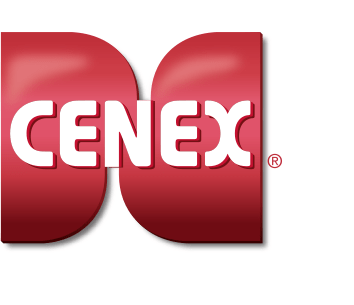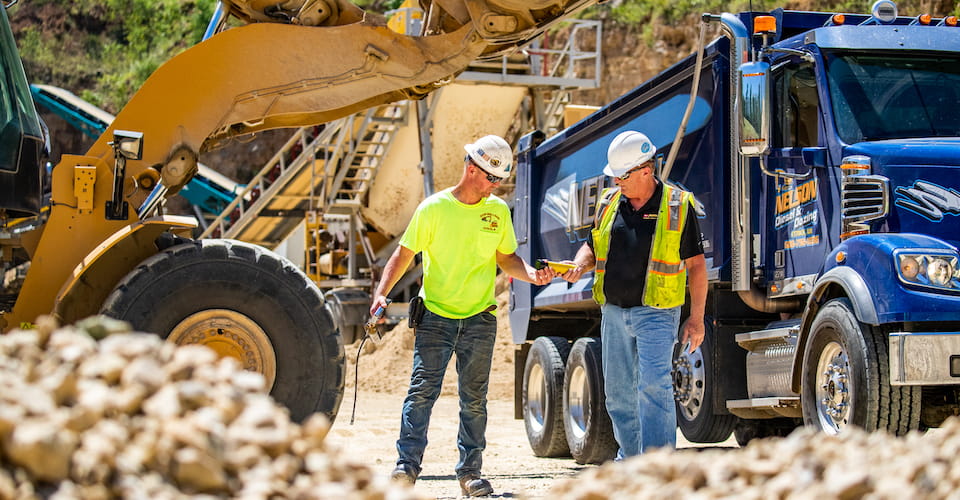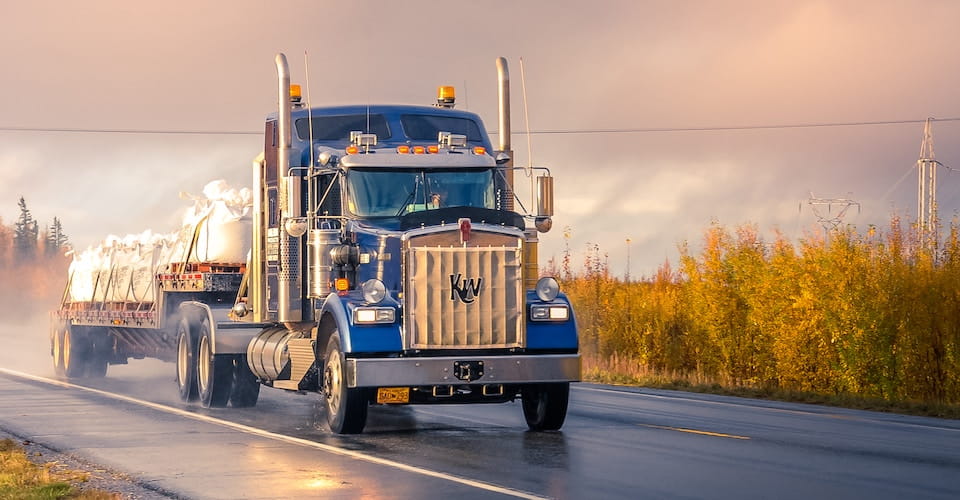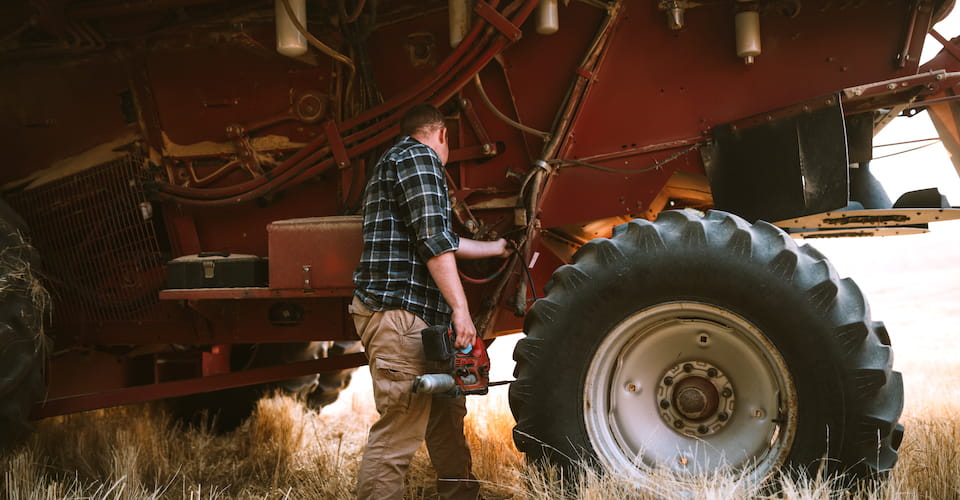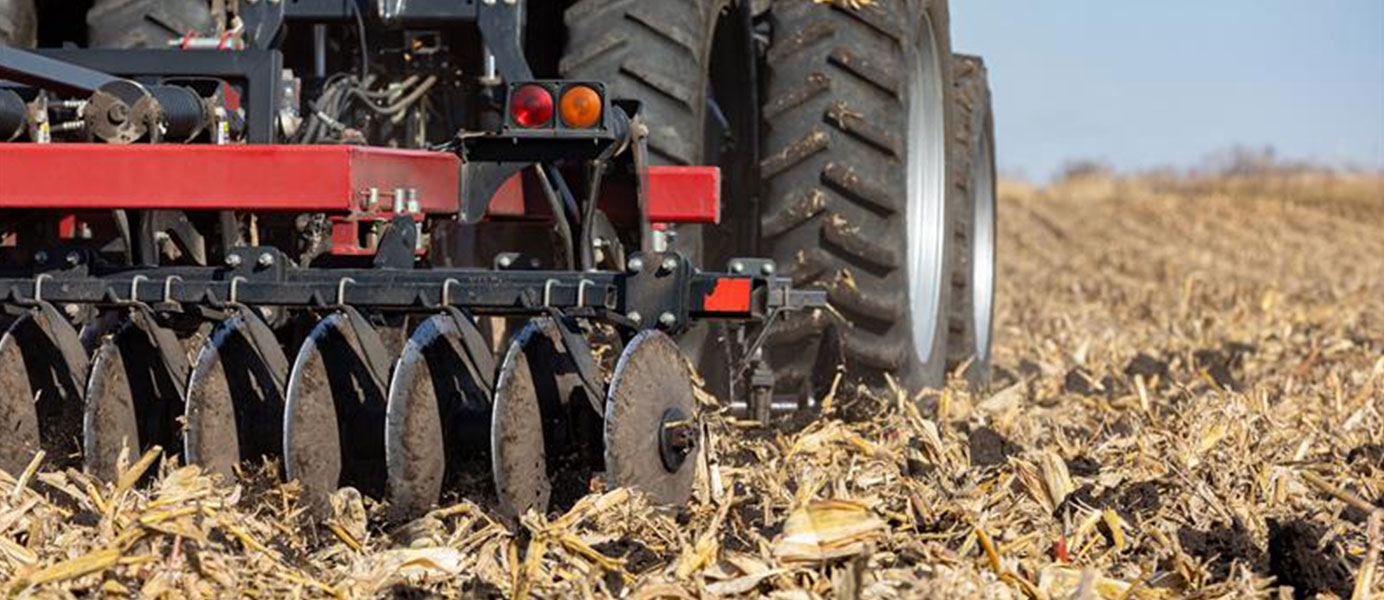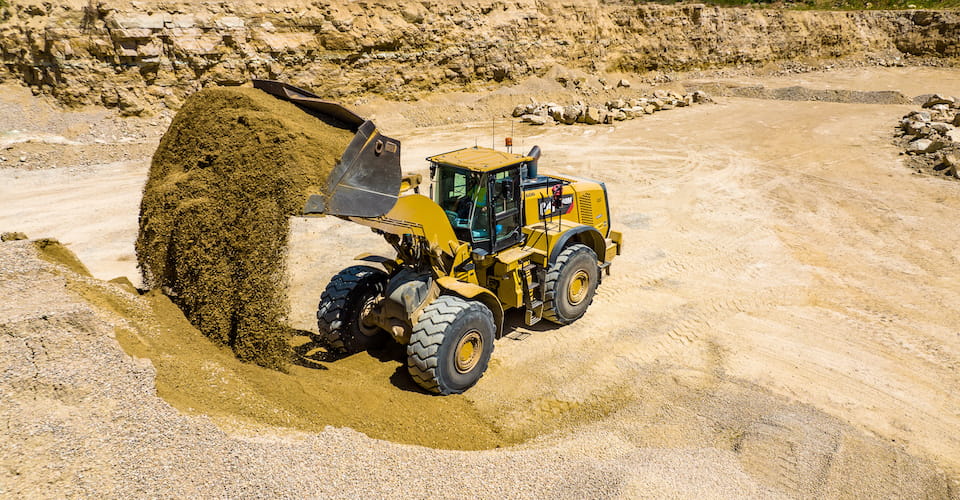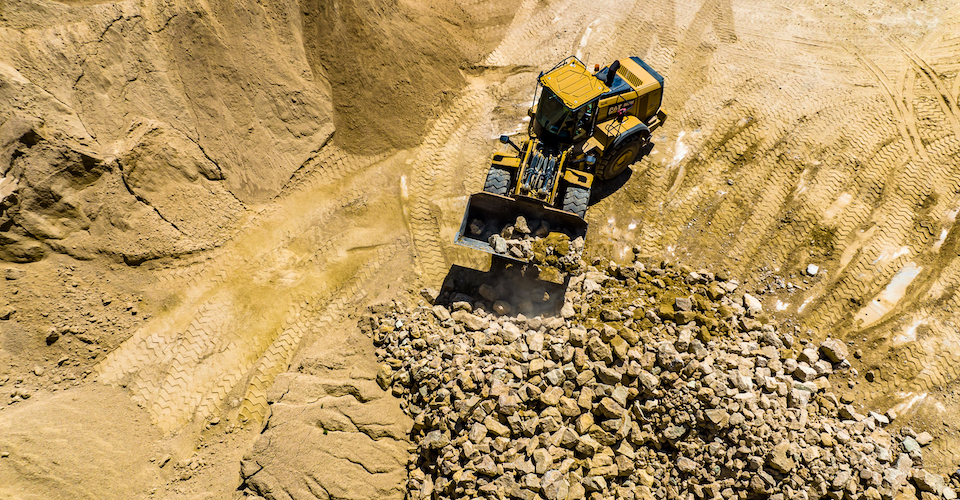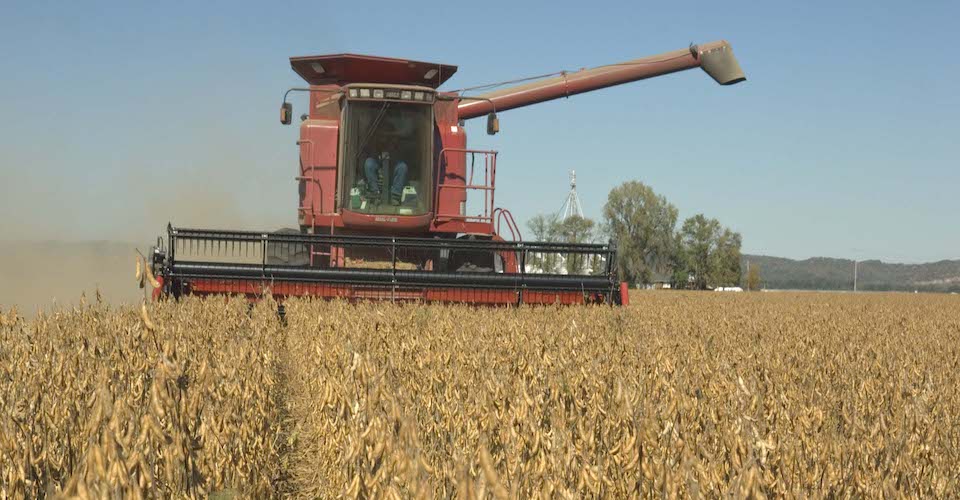
The stakes are simply too high for farmers to gamble with using a bargain-bin diesel engine oil or hydraulic fluid. While we can’t control the weather or the stock market, we are very much in control of how our equipment is maintained. Investing in high-quality lubricants that protect and prolong the life of your equipment should be every bit as important to your overall risk-management plan as having crop insurance.
What better quality means
First-class lubricant products begin with better base oils, which serve as the crucial foundation of a fluid’s formulation. There’s also a significant amount of technology built into lubricants in terms of the complex additive packages.
- A premium oil oxidizes less quickly than standard “yellow bucket” varieties, meaning it tends to last longer and needs replacing less often even with constant exposure to air and high temperatures.
- Overall durability is more consistent, including less shear and viscosity breakdown during heavy duty cycles and a better ability to combat the negative impact of water.
- Better detergents keep oil cleaner, preventing dirt and soot from slowing operability.
Another way to think about it: If a world-class athlete were running a marathon, they wouldn’t rely on water alone to hydrate. Instead, they’d consume a sports drink or other product designed specifically to replace necessary electrolytes. This, in turn, improves the athlete’s overall performance and consistency. Stronger additives and better base oils do the same thing for your equipment.
Effects of a better lubricant
In the short term, better-quality oils mean less likelihood of operability issues, like brake chatter or other disruptive stickiness in hydraulic equipment. In addition, premium lubricants result in less wear on the equipment’s yellow metals which form critical components of today’s high-tech implements and allow for efficient operation in the field.
As another consideration, today’s newer equipment requires smoother transitions due to advanced transmission systems. These systems require sophisticated oil formulations to protect the increasing number of gears in the system and lubricate the smallest of moving parts. Plus, tight tolerances in the complex hydraulic systems of advanced machinery need clean and consistent lubrication to function properly and at their highest capacity to maximize planting intervals.
It’s important that you’re prioritizing protection of your equipment for the long term, and using high-quality fluids is only the beginning. Also consider enrolling your machinery in a comprehensive warranty program, like the Cenex Total Protection Plan®. Programs like this are key risk-management strategy that can pay off down the line, whether you own new or used equipment.
Photo courtesy of FLICKR USER.
